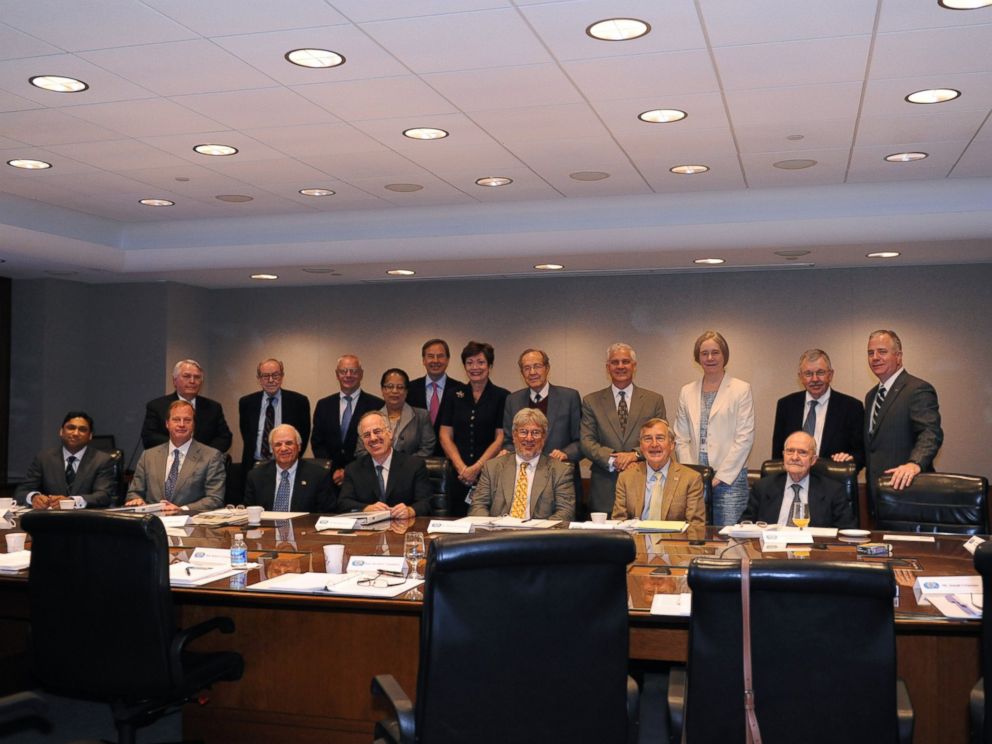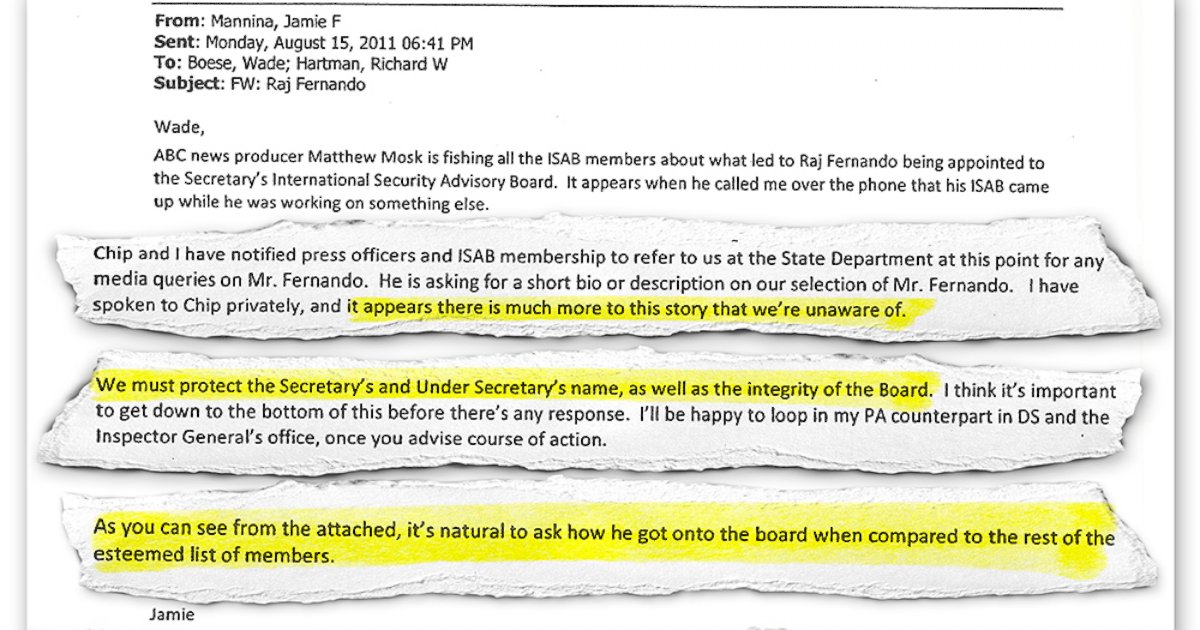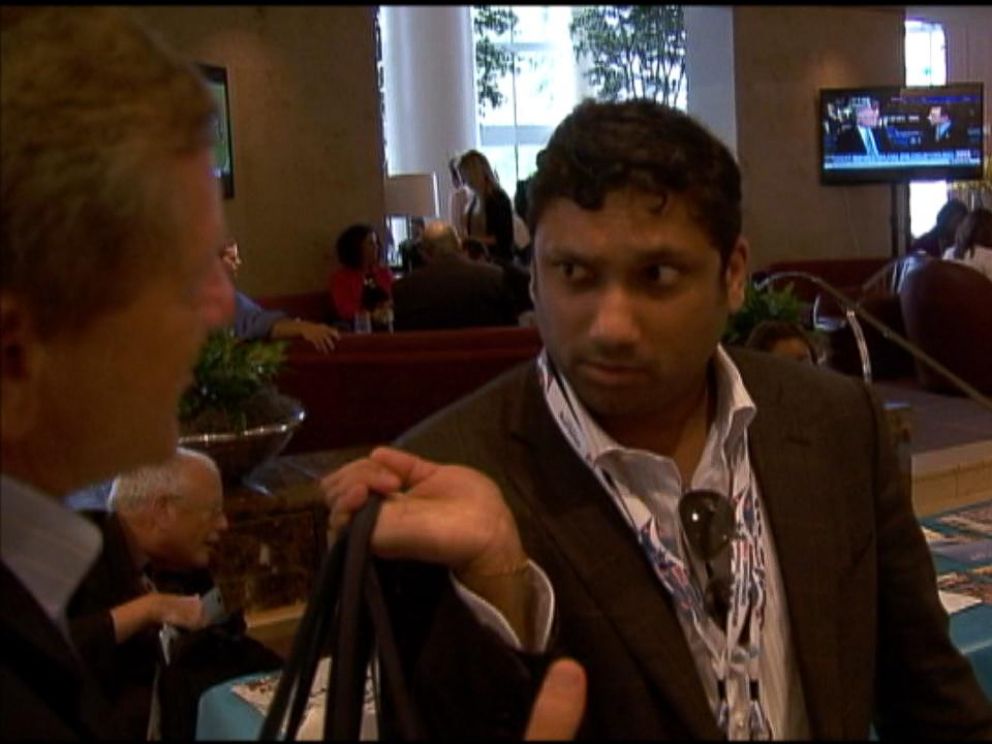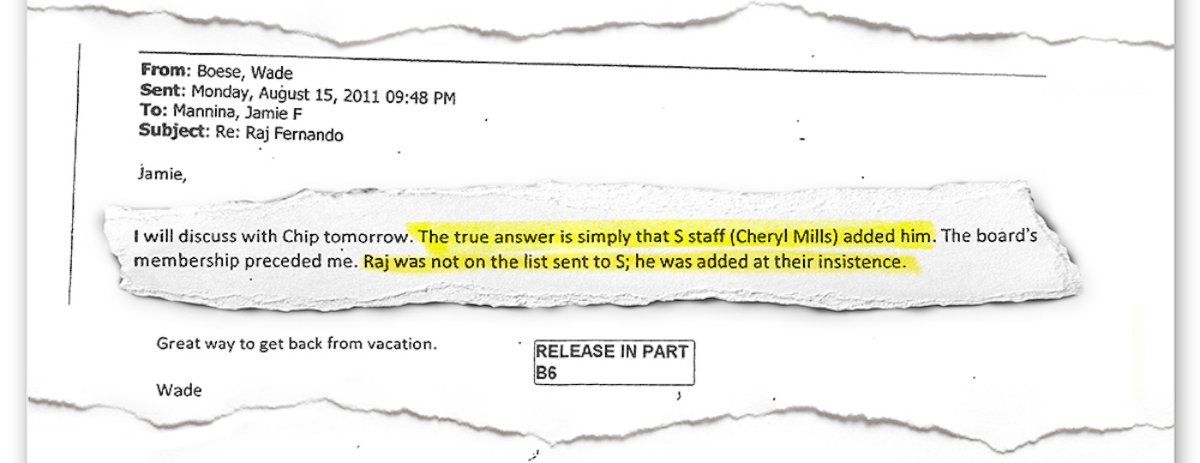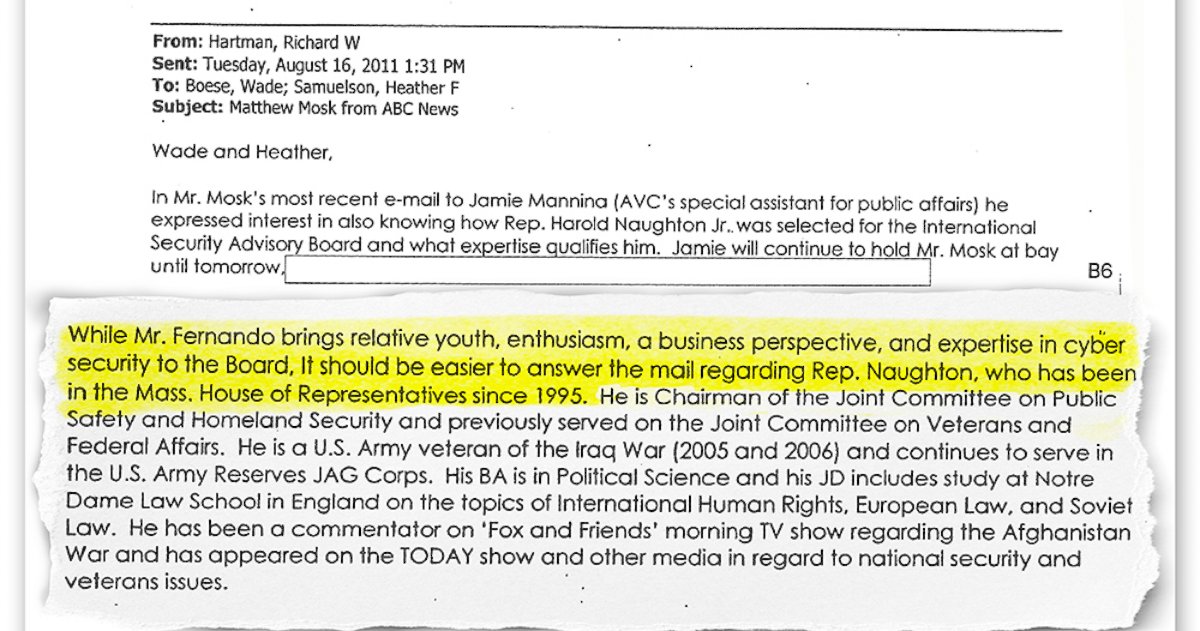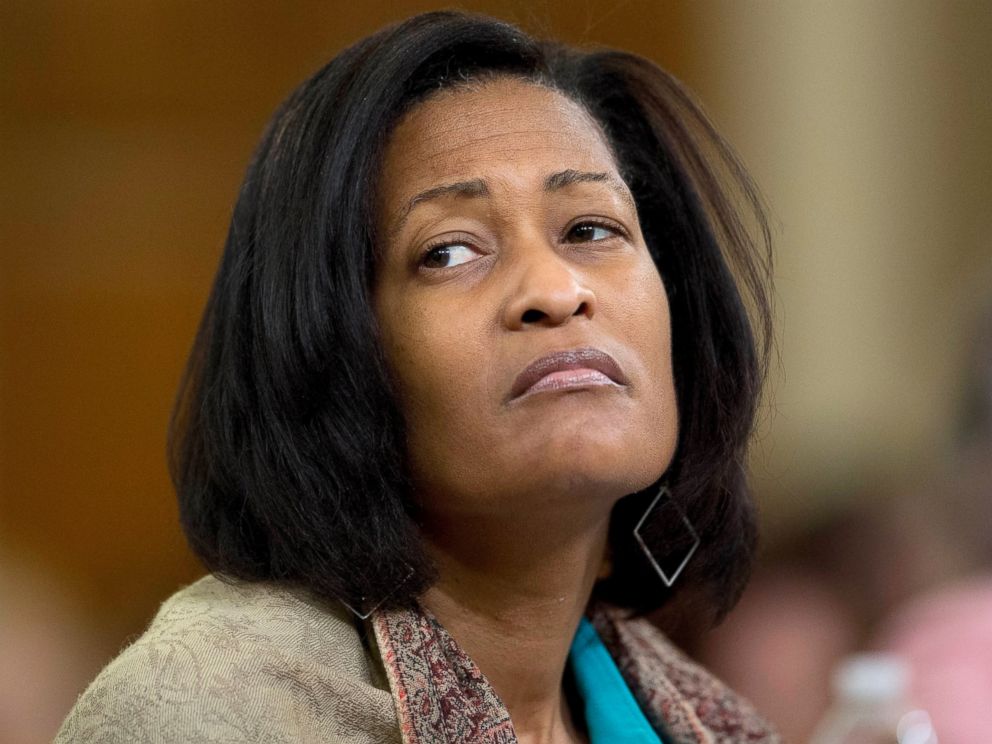Play this short video. Ever wonder about the dreams of Americans who would like to attend schools of higher education that cant because the class size limits are met by foreigners? If these ‘dreamers’ need aid and assistance then how about their home countries paying for it? Rhetorical for sure.
Another rhetorical question….How about home countries provide internal dreamer conditions?
Related reading: Facts, numbers and charts
Last year from the White House:
Summary:The President met with six young “DREAMers” in the Oval Office, all of whom were brought to America by their parents, and — until recently — faced a difficult situation because of their immigration status. The President’s executive action on immigration is changing that.
“I don’t think there’s anybody in America who’s had a chance to talk to these six young people … who wouldn’t find it in their heart to say these kids are Americans just like us, and they belong here, and we want to do right by them.”
President Barack Obama, 2/4/2015
Each of the young people who stood in the Oval Office yesterday had one thing in common: They were all brought here by parents dreaming of a better life for their children in America.
Some of them arrived when they were simply months old. They were raised in American communities, often not realizing their status was any different from that of their classmates or neighbors. Many of them, as the President noted in remarks at the end of the meeting, didn’t discover that there was something different about them — something that might prevent them from giving back to their community and their country — until they were about to go to college.
There is also a Dreamer Portal.
The DREAM Act
Over three million students graduate from U.S. high schools every year. Most get the opportunity to test their dreams and live their American story. However, a group of approximately 65,000 youth do not get this opportunity; they are smeared with an inherited title, an illegal immigrant. These youth have lived in the United States for most of their lives and want nothing more than to be recognized for what they are, Americans.
The DREAM Act is a bipartisan legislation ‒ pioneered by Sen. Orin Hatch [R-UT] and Sen. Richard Durbin [D-IL] ‒ that can solve this hemorrhaging injustice in our society. Under the rigorous provisions of the DREAM Act, qualifying undocumented youth would be eligible for a 6 year long conditional path to citizenship that requires completion of a college degree or two years of military service.
For reference on your tax dollars and foreign aid:
In part by Devex: A number of U.S. agencies specifically target private sector partnerships and reforms to drive economic growth, and each of them received a budget increase — some quite significant — under the president’s proposed plan.
The U.S. Trade and Development Agency would see its budget increase by 22 percent if Obama’s request finds traction, a “plus-up” that comes after USTDA’s budget already jumped 19 percent last year. The relatively small agency, which seeks to connect U.S. companies with infrastructure investments in emerging markets, has been lauded from both sides of the political aisle.
The Millennium Challenge Corp., the Overseas Private Investment Corp. and the Export-Import Bank likewise saw budget increases in the 2015 budget request.
Each of these agencies is involved in the whole-of-government Power Africa initiative, a $7 billion U.S. government commitment to help double access to energy in sub-Saharan Africa.
The accompanying budget justification describes a robust role for using the additional funding provided under the president’s request in support of Power Africa’s goals, although some observers have wondered where the $7 billion will come from, and whether it really represents concrete administration commitments or merely aspirational targets.
Each agency’s specific contribution to the initiative cannot be parsed out of the 2015 numbers. However, the budget — together with the recent congressional vote in favor of the bipartisan “Electrify Africa Act,” which directs the president to create a strategy for alleviating energy poverty in Africa –—suggests Power Africa transactions are poised to represent a substantially larger percentage of the U.S. development portfolio next year.
Climate change
The issue of global climate change has risen in profile since Secretary of State John Kerry took office last year, but funding for the Global Climate Change Initiative remained at a flat $840 million in the 2015 request.
The administration has maintained that a significant portion of Power Africa transactions will target clean energy development on the continent, but attempts to strip OPIC of a controversial cap on carbon power investments has led some observers to question whether Power Africa is truly committed to a balanced blend of clean and conventional fuels.
Just as the President’s budget request does not specify how much it will spend directly on Power Africa, it also sheds little light on what portion of Power Africa’s transactions will focus on non-carbon energy sources.
That could leave climate change advocates wondering what’s in it for them — and whether the funding will ever match the rhetoric — when it comes to foreign affairs spending in 2015 and beyond.
Operating expenses, Middle East democracy
USAID receives a more than 20 percent increase to its operating budget in the president’s request, after a 10 percent reduction to that same account in 2014. While agency officials were confident they could sustain current operations using carry over funding this year, they also maintained that surplus funding will be gone by 2015 and that staffing and programs would suffer if the OE budget was not restored.
The agency will have to wait and see if Congress agrees with Obama’s show of support for investing in the agency’s ability to hire new staff and continue funding the USAID Forward agenda, which seeks procurement system reforms and increased agency capacity.
One past administration request — the Middle East North Africa Incentive Fund — has been scrapped in favor of a new, scaled-back version, the Middle East North Africa Initiative Reforms, which will use $225 million to support ”targeted programs that will advance the transitions under way across the region.”
Such pro-democracy language and overt funding for “locally-led change and emerging reformists” could be read as a response to criticism some have leveled at the administration that it has not done enough to support opposition groups and popular movements against entrenched autocrats.
Next steps
The president’s budget request marks the first step in an appropriations process that will play out for months and ultimately determine how the U.S. government prioritizes spending next year.
The proposal is strong on its message about a “new model of development,” which sees opportunities for partnerships with the private sector in spurring development gains, as well as an obligation for U.S. action to respond effectively when global hot spots ignite.
Some signals — the Electrify Africa Act and USTDA’s continued budget plus-ups, for example — suggest bipartisan support exists for the partnerships model of development, at least in some sectors. But it will be important to watch closely to see if the administration is nearly as successful in defending those priorities within the foreign affairs budget — like new emphases on maternal health and child stunting, and global climate change — that do not appear to lend themselves so easily to the mutual economic benefit argument.
California is real generous: Read the full document here.
California Dream Act AB-130 and AB-131
Allows students eligible for state financial aid to apply for and
receive;
* Institutional scholarships such as the UC
Grant, State University Grant & Educational
Opportunity Program funds;
* California Community College Board of
Governor (BOG) Fee Waivers;
* State financial aid, including Cal Grants and
Chafee Foster Youth for use at qualifying
public and private institutions



